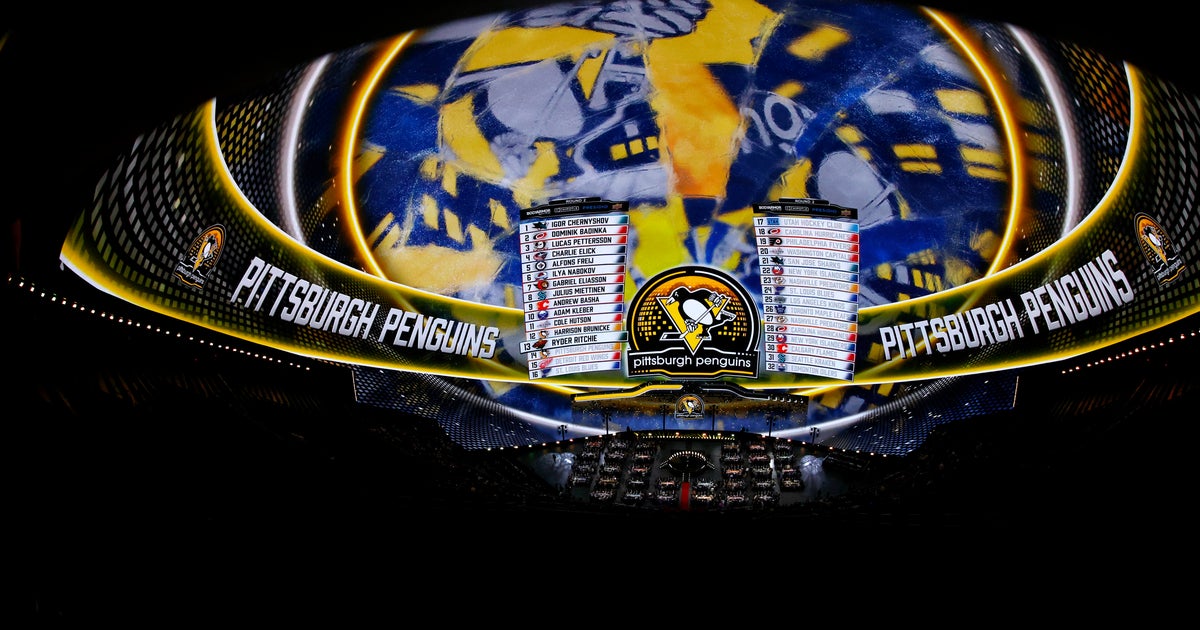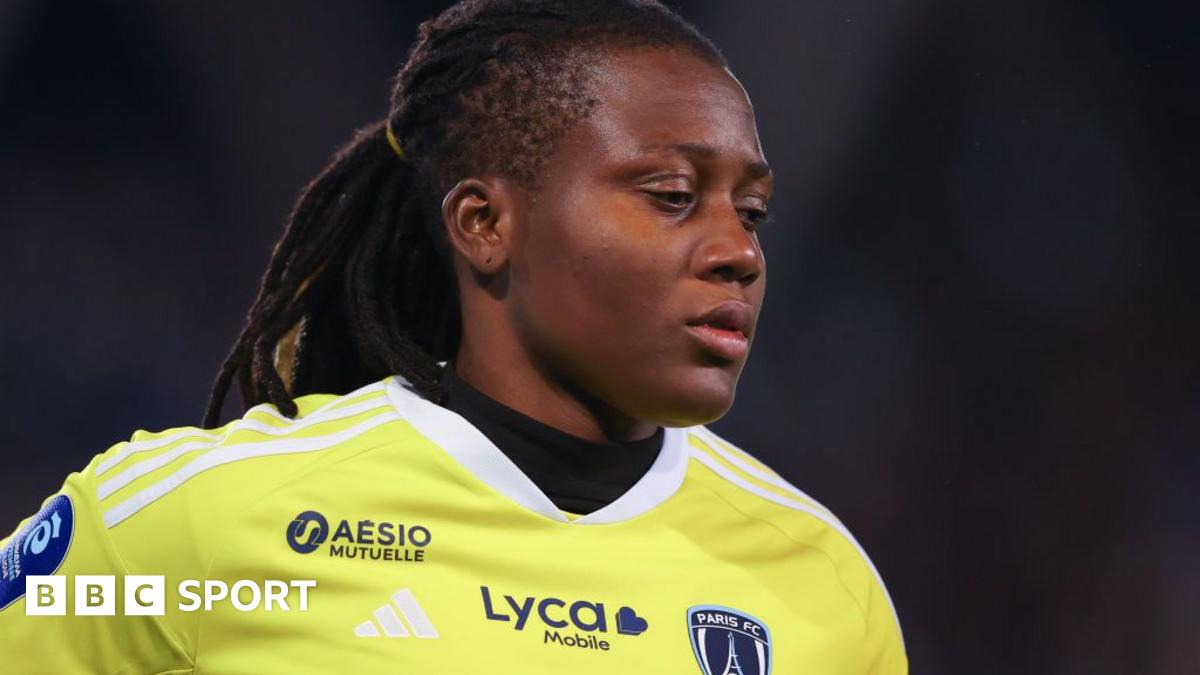Dubai's ambitious education reforms: New student visas, scholarships, jobs for 90% of graduates; vision 2033 | World News - Times of India

The recent Executive Council meeting in Dubai, approved reforms on student visas, scholarships, graduate jobs, air quality, construction governance, and international mediation under Vision 2033/ Image: DXB media office
In a pivotal meeting of the Executive Council of Dubai, chaired by Sheikh Hamdan bin Mohammed bin Rashid Al Maktoum, Crown Prince of Dubai and Deputy Prime Minister, a comprehensive set of new policies was approved to reshape the emirate’s education, environment, legal framework, and infrastructure governance.
Aimed at achieving Dubai’s strategic goals for 2030 and 2033, the initiatives include expanded student visas, employment pathways for 90% of graduates, clean air targets, and the launch of an international mediation centre, marking a bold step in Dubai’s long-term vision for innovation, sustainability, and global competitiveness.
Dubai has introduced a sweeping set of policies that mark a transformative shift in the emirate’s education and development landscape. These initiatives, approved by Sheikh Hamdan bin Mohammed bin Rashid Al Maktoum, Crown Prince of Dubai and Deputy Prime Minister, aim to:
“Youth are the architects of the future, shaping it with their awareness, optimism, and openness to the world,” said Sheikh Hamdan.
“Dubai continues to empower young people with knowledge and skills, providing them with world-class academic, practical, and research opportunities. Our goal is to make Dubai a destination for outstanding students from around the world and an incubator for innovation.” By 2033, the emirate intends for international students to make up 50% of its total university enrolment. Today, Dubai is home to 37 international university branches, and it plans to host over 70 higher education institutions, including 11 universities ranked in the global top 200, by that target year.
Notable universities already operating in Dubai include:
Led by the Knowledge and Human Development Authority (KHDA) and the Dubai Department of Economy and Tourism (DET), the higher education enhancement strategy is expected to contribute Dh5.6 billion to Dubai’s GDP. To realize this, authorities are rolling out:
A major highlight of the reforms is the Academic and Career Guidance Policy, which aims to streamline the transition from education to employment. This new policy, also led by KHDA, targets the following milestones:
The policy is central to achieving the goals of the broader Education Strategy 2033, and it encompasses:
Parallel to the educational and economic strategies, Dubai has launched the Air Quality Strategy 2030, an ambitious plan to improve air quality and safeguard public health. The strategy aims for Dubai to meet clean air standards on 90% of days by 2030, by:
This initiative is led by the Dubai Environment and Climate Change Authority, with support from a wide array of agencies, including:
Dubai International Mediation Centre Project
This new project reinforces the emirate's role in international legal affairs, providing cost-effective, efficient, and globally recognised dispute resolution services. Co-developed by the Government of Dubai Legal Affairs Department and ADR Centre, a prominent European mediation institution, the centre is expected to:
Also approved during the Executive Council meeting was a new governance framework for construction projects, led by the Dubai Department of Finance. It will:













